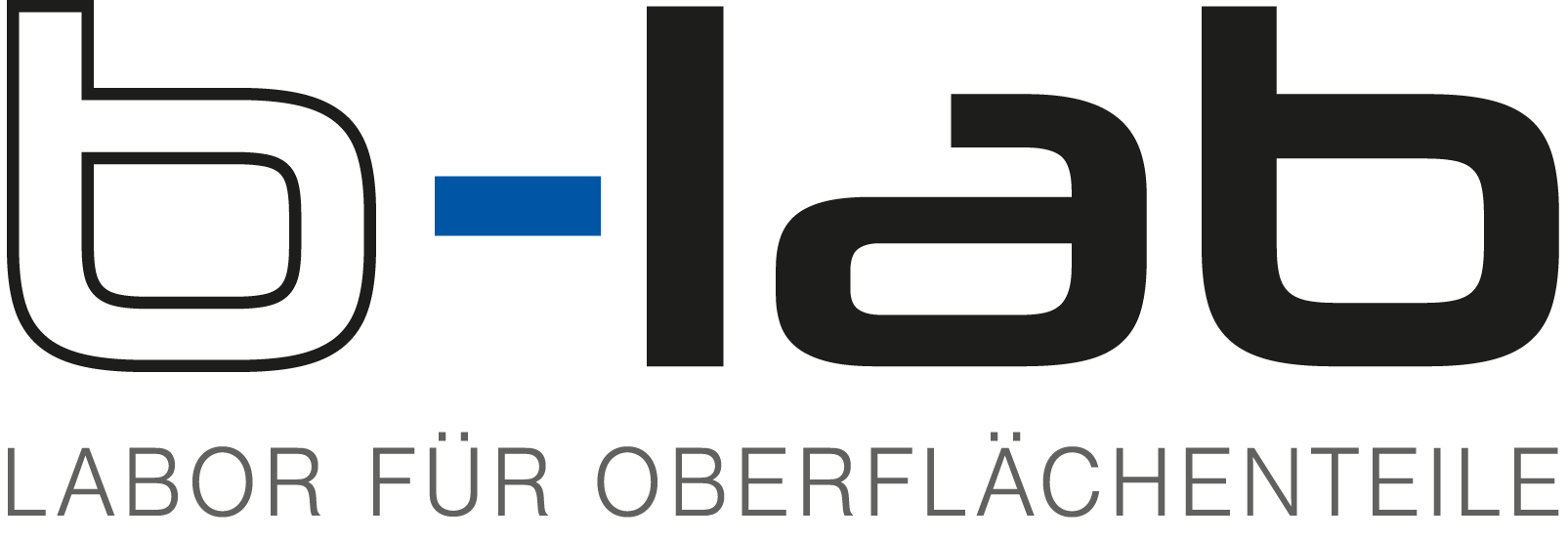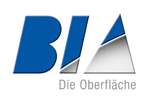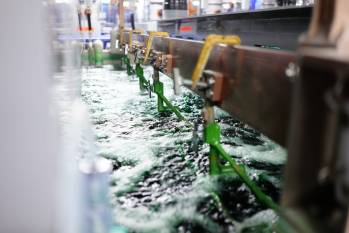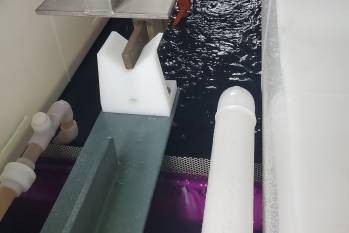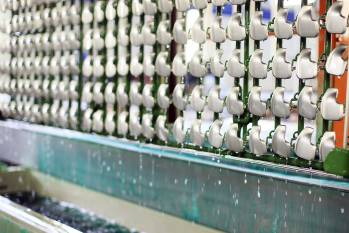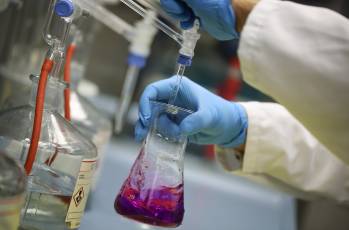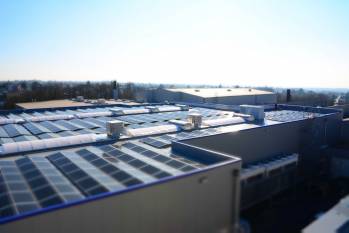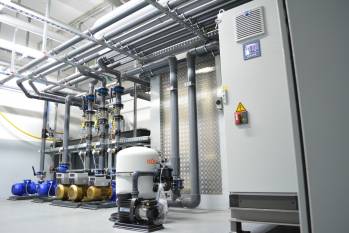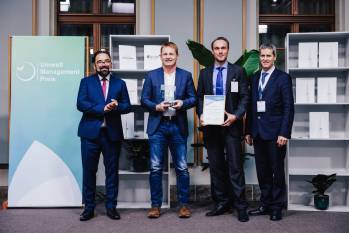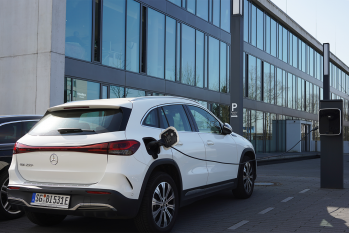Sustainable business practice is one of the declared goals of the BIA Group. One of the main pillars of this strategy is the development and implementation of a genuine closed-loop cycle for chrome-plated plastic components. In addition, BIA is one of the pioneering driving forces in the electroplating industry behind the process to develop Chromium(VI)-free coatings as well as the development of a completely chromium-free pre-treatment. Some of the fields of action and projects that BIA is pursuing to achieve its climate and sustainability goals are presented below.
Circular Economy
Component Recycling
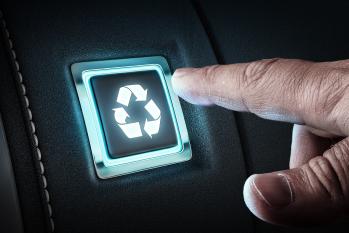
Chrome-plated components are significantly more sustainable than reputed, because they can actually be 100% recycled, therefore have a lasting material value and support automotive manufacturers reaching their sustainability goals. BIA implements a closed-loop process that allows automakers to return the parts they sourced from BIA at the end of their lifecycle. Those will be let through a full recycling process, resulting in new chrome-plated parts.
Internal Material Recycling
Electroplating is a resource-intensive process. It is therefore all the more important from an ecological and economic point of view to minimize the use of resources, to recover valuable materials and water and to feed them back into the production cycle. BIA has developed and implemented solutions for the partial or total recovery of numerous resources and is currently working on the complete recovery of the process water.
Process Optimization
In addition to optimizing the galvanic processes, BIA is also working on continuously improving resource and energy efficiency in all other areas. For example, in injection moulding, where the most modern plant technology reduces the use of energy and minimises rejects. Or the increasing use of cardboard or recycled materials for transporting of products.
Chromium(VI)-free Processing
Chrome(III) Surface Finishes
The REACh regulation provides a time-limited autho-rization for the use of Chromium(VI) – or Chromium Trioxide, which has been commonly used in electroplating. Electroplating companies across Europe are converting their processes to Chromium(III). Long before the restriction of Chromium(VI), BIA did pio-neering work on trivalent chromium plating and is able to implement manufacturer-specific surface finishes based on Chromium(III) in a production proven process at all its locations.
Chrome-free Pre-treatment
As a result of the REACh regulation, it is also necessary to remove Chromium(VI) from the pre-treatment processes. BIA is in the process of developing a completely chromium-free pre-treatment that works reliably across the entire range of components. In the new state-of-the-art electroplating plant at the Solingen site, BIA will pursue the development work in parallel with testing and under production conditions.
Climate Neutrality
Renewable Energy
The use of renewable energy has always been an important component of the sustainability strategy at BIA. The use of electricity from photovoltaics supplies around 600 MWj of self-generated emission-free electricity annually.
Energy Efficiency
In addition to renewables, BIA attaches great importance to energy efficiency of both buildings and equipment technology. These include, for example:
- Energy generation by CHP
- Heat recovery from electroplating plants
- Energy-efficient LED lighting and intelligent, needs-based lighting control
- Energy retrofit of injection moulding machines
- Regular compressed air monitoring to identify and avoid leaks
Compensation
Even BIA cannot make the leap to climate neutrality without compensation. But this aspect covers much more than just the purchase of green electricity and the acquisition of climate certificates. For example, BIA compensates directly by reducing travel activity and indirectly in its own supply chain through climate-neutral transport by some logistics service providers. This in turn finances reforestation projects or solar ovens for developing countries.
Other Measures
Sustainability Management
Sustainability is also a top priority at BIA. A permanent committee made up of management, department heads and energy and environmental officers regularly evaluates and initiates projects that are proposed by the departments and within the committee itself. There is an internal suggestion and project management system in which all employees can and should participate with their ideas and suggestions.
Alternative Mobility
BIA is very active in promoting the use of alternative means of transport and e-mobility. Employees have the opportunity to lease bicycles on favourable terms and receive subsidies when buying tickets for public transport. In addition, BIA is gradually converting its fleet to purely electric vehicles and is creating the appropriate charging infrastructure .
Micro Projects
Seemingly small savings potential is also taken into account at BIA, such as the conversion of one of the two main menus in the company canteen to a vegetarian option. This not only makes sense in terms of climate protection goals, but also from health and ethical aspects. BIA is also concerned with sustainable and ecological green space management, for example to create and maintain a habitat for insects.
